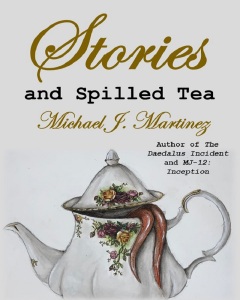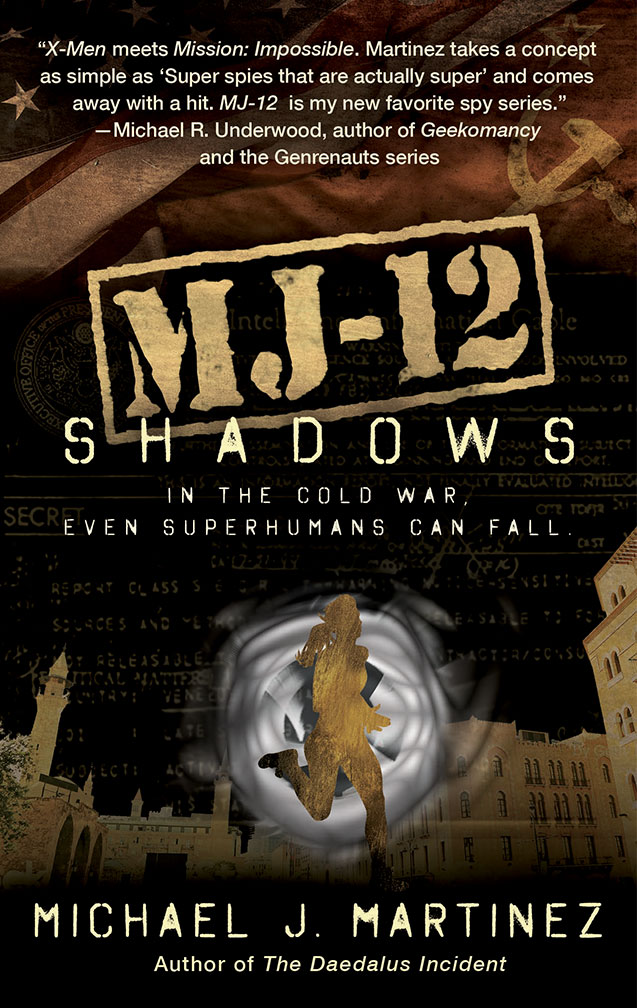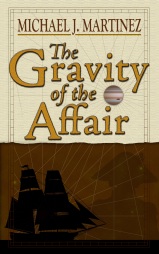So far, these FAQs have been pretty straightforward, and have primarily dealt with the writing process, which is something every scribe can relate to, along with agents and traditional publishing. Today, we get into self-publishing.
This is a touchy subject for some, and I genuinely believe there’s a lot of sturm und drang here that’s unwarranted. (I’ve blogged about this before.) If you disagree with my take on self-publishing — which is by no means meant to be the end-all, be-all on the topic — feel free to comment here. But please do so respectfully. Let’s have a discussion without name calling and such. I know this the Internet, but I don’t feel I’m asking too much.
As always, this is my take, and your experience will vary, as will the experiences of other authors.
Ready? Let’s go:
I haven’t gotten an agent and/or a publisher, so I want to self-publish.
OR…traditional publishing is for the birds, and I want to be part of the future by self-publishing.
OR…well, what do you think about self-publishing?
I actually have a self-published work out there: The Gravity of the Affair, my novella set in the world of the Daedalus trilogy. Even then, it was published with the assistance of my literary agency. So take all this for what it’s worth.
Personally, I wanted my novels to be published traditionally. I found the notion very validating because professional editors, whose incomes depend on making good choices, might consider my book to be a good choice. Plus, I wanted it see it at bookstores, frankly. I’m old-school like that.
Yes, you can make more per sale via self-publishing, and in many cases, it’s substantially more. I get that. I’m not doing this for the money — which is good, because writing novels is the exact opposite of a get-rich-quick scheme. And I know of many authors who have not only successfully self-published, but are making a good living at it. That’s awesome.
Here’s the thing, though: Self-publishing is a lot of work. You’re not just the author when you self-publish. You’re the publisher. That means you have a lot more to do. The reason I wanted to partner with a traditional publisher — and yes, I view it as a business partnership — is because they take care of the following things:
- Hiring an editor to edit my work
- Hiring a copyeditor to copyedit my work
- Hiring a cover artist to create a fantastic cover piece
- Hiring a designer to take that art and make it an actual cover, with the title and words and such
- Hiring a layout designer (sometimes but not always the cover designer) to lay out the pages of my book so that they look good
- Hiring an e-book designer (sometimes but not always the layout designer) to format my book for the two main e-book formats
- Getting the book printed
- Warehousing the printed copies of my book
- Hiring a sales staff, and printing a catalog, in order to get booksellers to stock my book
- Fulfilling orders from booksellers
- Locking in agreements with e-book sellers (Amazon, B&N, Kobo, iTunes, Google Play, etc.) so they will list my book and occasionally promote it
- Providing publicity support, in terms of press releases, excerpt placement, promotional materials, advance reader copies, identifying and encouraging reviewers, etc.
So yeah, that’s why I make a lot less per sale than someone who self-publishes, because my publisher performs a veritable ton of services on my behalf. I have a day job, and plan on keep it for a very long time, because it’s a great company, I like my work and I’m compensated fairly. I’ve neither the time and inclination to do the things that I’ve partnered with Night Shade to do for me.
But hey, that doesn’t mean you can’t do it. I think it’s awesome and, done right, can be very viable for writers. All I would say is that you need to be prepared to wear a lot more hats than the one labeled “writer.” You need to be a project manager, for one. I strongly believe in the power of good editing, and would encourage hiring an editor — or at the very least, an exceptional copyeditor. You should have a good cover, which means good art and design.
Granted, if you’re self-publishing in e-book only, the whole print/warehouse/shipping/sales thing isn’t necessary. But you’ll need to be sure you get on Amazon and other platforms. And you’ll have a huge uphill battle in terms of publicity because, fairly or unfairly, folks like Library Journal and Publishers Weekly, both of which have reviewed my work, just don’t do many reviews of self-published work, if any. You’ll have to work several orders of magnitude harder to get your book noticed. And you’ll be paying for all those services up front.
I don’t say all this to discourage people from self-publishing. There are plenty of people who do it well, and their advice is worth far more than mine. I simply say this because I’ve seen many writers underestimate the time, effort and cost inherent in self-publishing and, more importantly, doing a good job of it. But if you’re willing to do the work, it could very well be awesome for you, and I hope it is. But aside from shorter works like Gravity, I’m personally going to stick with traditional publishing.
Again, feel free to discuss in the comments, but keep it civil. I moderate comments here, so it may be a bit before you see them. I’m also traveling for work a few days this week, so bear that in mind as well when it comes to response times.
Next: Can I help you?
#SFWApro










